Ethiopian Black Maned Lions Vanishing: 2 Ways You Can Prevent Their Extinction
In 2016, most of the world assumed that the Ethiopian black maned lion was extinct. Then in a rare encounter in Bale Mountain National Park, the National Geographic photographer, Çağan Şekercioğlu, studying the effects of climate change on bird populations captured the photo that proved the world wrong.
From seemingly nowhere, a black maned lion appeared. “The scientist part of my brain was super excited, but the regular person part just wanted to get out of there,” he recalls. An understandable response when a wild lion approaches you.
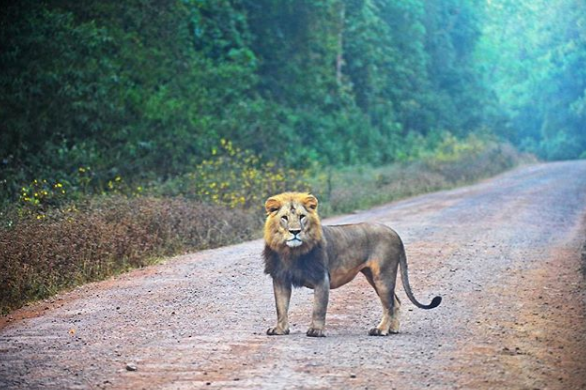
For years, locals in the area knew the lions existed, but the new pictures were physical proof that the black maned lions did indeed exist. After further investigation, almost 50 were discovered in the area.
The black maned lion is endemic to Ethiopia and the female black maned lion is thought to only exist in Ethiopia.
The Challenges of Wildlife Conservation in Ethiopia
As exciting as the news was, alarm bells started going off that the population was still very limited and at risk of extinction–this time for real.
“It’s almost as if we are given a second chance. But we are wasting it,” says one African tourism expert. “The problem is urgent. Not just for the animals, but for the environment and Ethiopian people as well. And almost nothing is being done”
The problem, the expert is referring to is about another animal species. The Ethiopian Wolf, also endemic to the country, is rapidly dying off. Only 500 remain in the wild and the number is dissipating faster than imaginable.
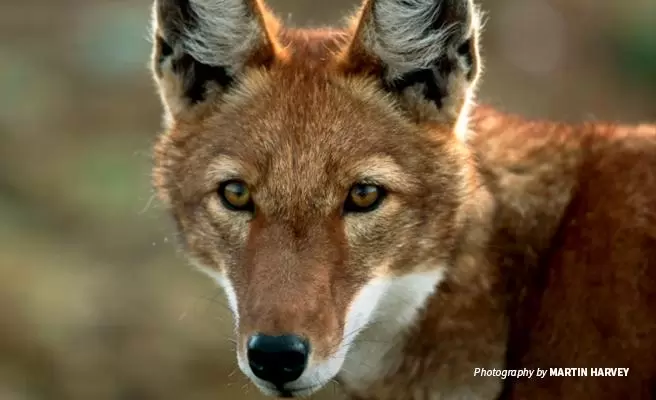
In the Bale Mountain area, dogs with rabies are quickly infecting the Ethiopian wolves who perish soon after contracting the disease. This puts the whole ecosystem at risk. The small rodents that wolves feed on are now overpopulating at alarming rates. These rodents like to burrow in the land. The increase in burrowing is thought to be one contributing factor affecting local water sources. The result is flooding– damaging agriculture and creating human displacement as locals are forced to move to dryer land.
Who is Helping Solve the Problem?
One person who is doing something about wildlife conservation in Ethiopia is nature photographer Aziz Ahmed and his partners Yasmine and Abdela. Aziz, born and raised in Ethiopia, has always been passionate about animal conservation.
“I remember when we were young,” recalls his friend Adel. “And he sold his car to buy a camera so he could go out in the wild and film.”
At the time, says Adel, “We all thought he was crazy.” Now two decades later, he admits, “he was actually on to something.”
Adel, an Ethiopian diaspora who was living in Las Vegas, returned to his homeland to help his friend raise awareness for wildlife conservation in Ethiopia.
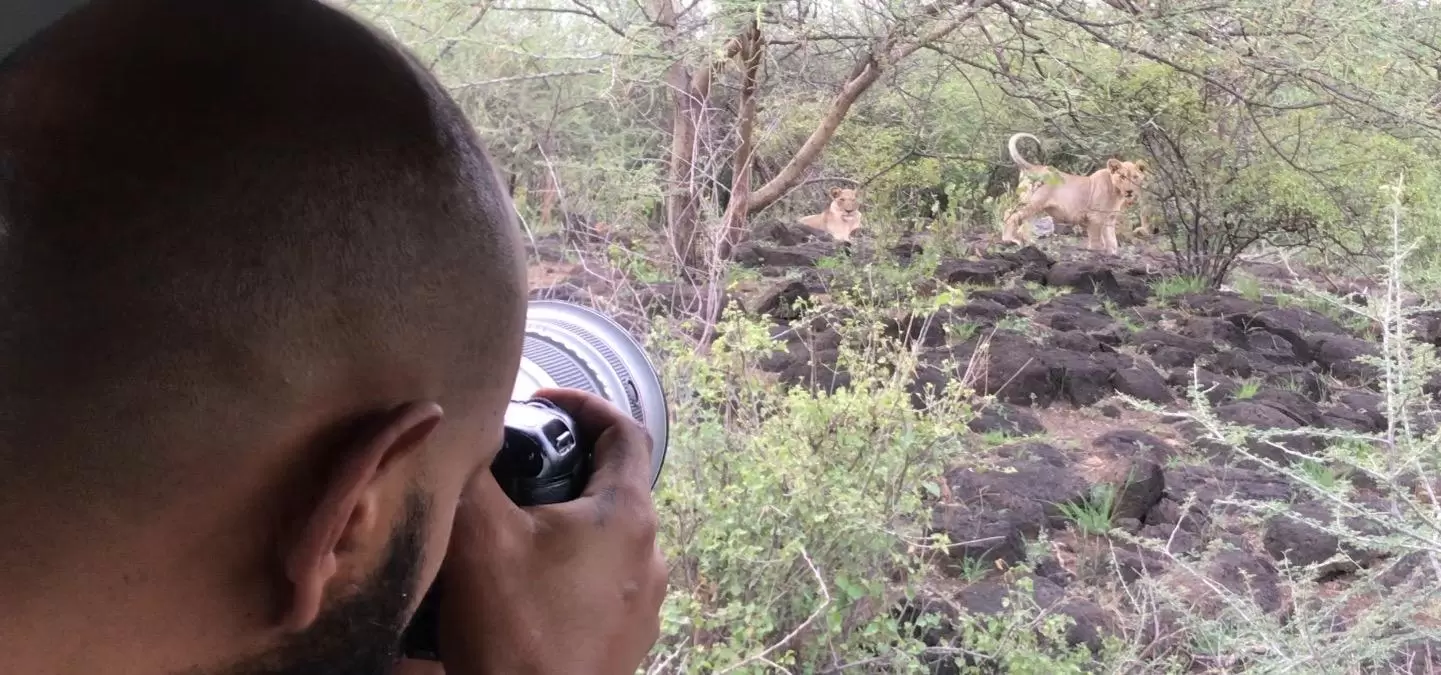
Who is Aziz Ahmed & how is he helping wildlife conservation in Ethiopia?
“I grew up in nature. My dad always took me on treks so I developed a love for it at a young age.”
That’s why, for years, Aziz takes five days every month to go in the wild. “I take photographs and videos and post them on my Instagram. My goal is to learn more about the animals, make sure they are protected, and raise awareness when environmental concerns start to threaten them.”
“No one pays me to do it. I spend my own money. But I do it because I’m passionate about protecting Ethiopia’s endemic animals,” he says.
He is very good at it too. According to Yvonne, owner of Bale Mountain Lodge, “Aziz is better at finding and taking pictures of the wildlife than anyone. She recalls the time Aziz and another group of photographers were staying at her lodge.
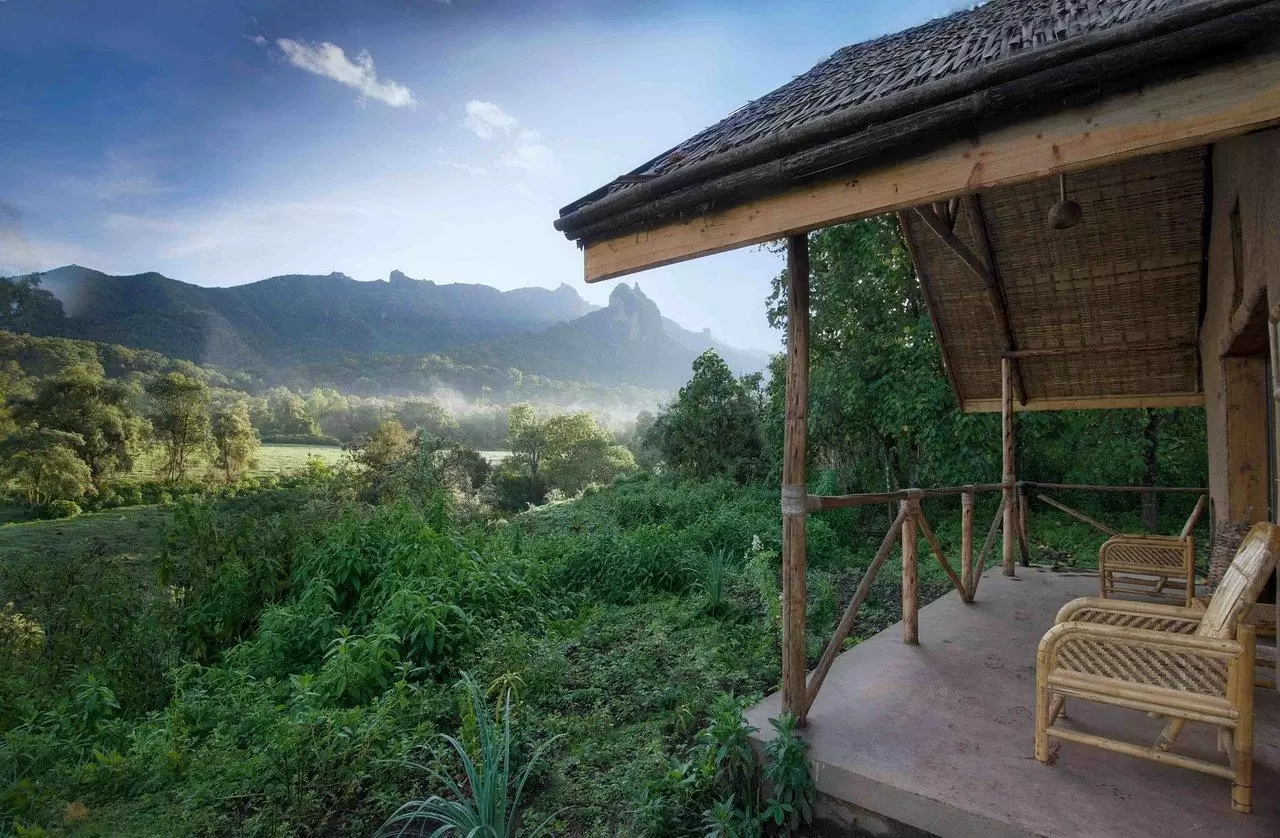
“He would wake up early and leave before the rest. He would be out all day trekking and understanding the habits of the lions. The other photographers were frustrated they couldn’t find them. But Aziz’s dedication, discipline, and skill always invariably navigated him to where a lion could be located.”
It might seem like bitter irony, but his passion for protecting the lions has a sad beginning. “When I was about 12 years old, my dad went off into the forest like he always did. This time, he never came back.”
Aziz’s dad was attacked and mauled by a wild lion. “He got away. But he died of his injuries in the forest.”
It might seem confusing for the rest of the world why Aziz is so passionate about protecting the animal that left him fatherless at such a young age. “At first it was hard. But I still believe lions deserve our protection. They are important for our ecosystem. And I know that my dad, who loved animals and nature, would be proud of my work.”
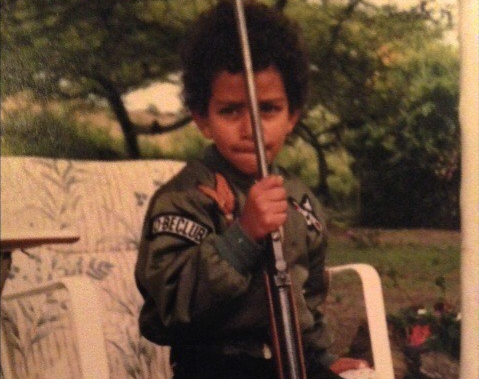
His fight to protect animals and preserve the livelihoods of his people, especially in the areas of Bale Mountain, Omo Valley, and Awash National Park has led Aziz to becoming a world class photographer and videographer–even working with National Geographic and being interviewed by Disney.
“Through my pictures, I want to honor my culture. I want to show the world our beautiful country. But I also want to raise massive awareness for the plight of the Black Maned Lion and the Ethiopian Wolf before it’s too late– and it is almost too late.”
Wildlife conservation in Ethiopia: What Else is Being Done?
Travelers looking at hotels in Addis Ababa can choose to stay in a place with a strong social mission. Hotels who use every chance they can to make a difference.
World Photography Day is Monday, August 19, 2019. It’s a day to celebrate the best photos taken during the past 365 days.
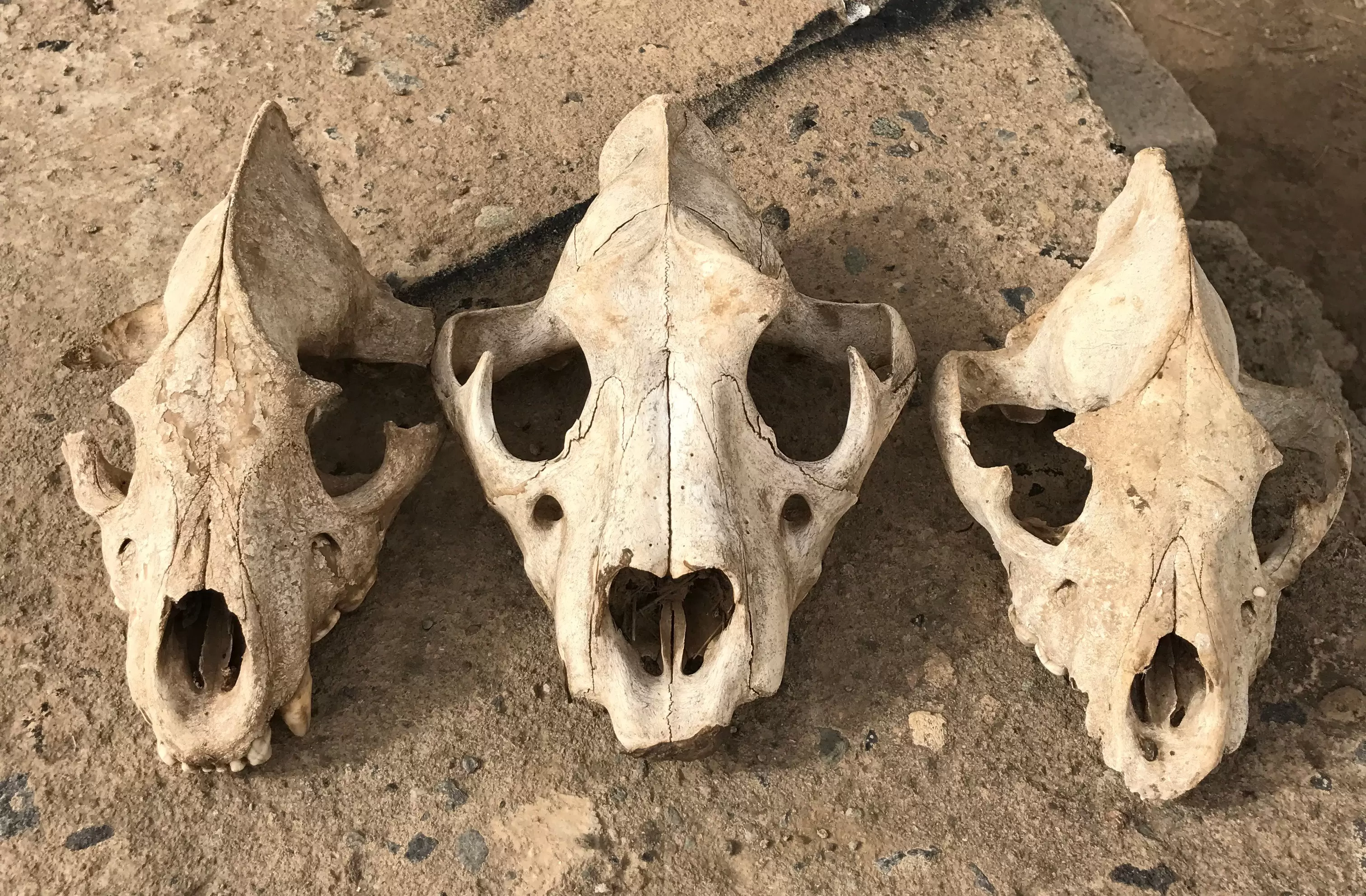
“It’s more than that to us though,” says Ivan Luna, Best Western Plus Addis Ababa General Manager. “As a brand, we strive to create a positive impact on our community and the environment.”
“But our team, in particular, is very passionate about animal conservation. From myself to our investors to the rest of our staff, we are all personally concerned about the crisis at hand. Not only are two species on the brink of being wiped out, but it is affecting the lives of people in those areas in worse ways than we can imagine.”
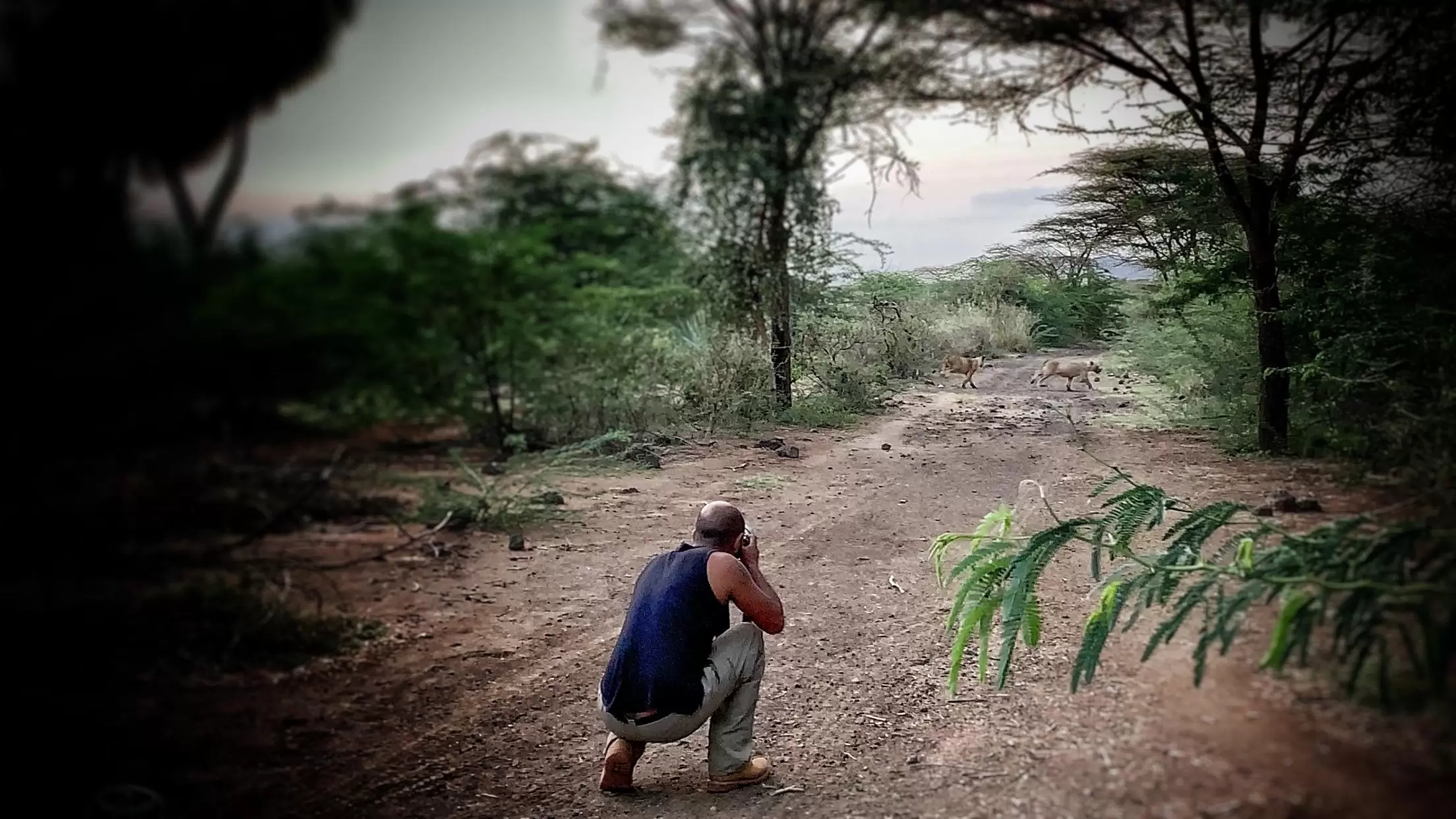
That’s why, Best Western Plus Addis Ababa, has partnered up with Aziz Ahmed on this World Photography Day to solely showcase his work.
The photo exhibit will feature Aziz’s picture of Ethiopia, the people, and his up close images of lions and other animals.
“Our intent is to support local artists like Aziz, as well as raise awareness for wildlife conservation in Ethiopia,” says Mr. Luna
How to Help Wildlife Conservation in Ethiopia
Whether you are a local, an expat, or just a wildlife enthusiast, massive awareness and concern for this issue is desperately needed. “We’re hoping an outcry from the public will bring the resources and attention needed to get some real support,” says Aziz.
You can help by sharing this article on social media and using your voice to speak up.
The next way to participate is by attending Aziz’s Photo Exhibition. “We’re hoping for a huge gathering of like minded individuals and lovers of photography,” says Adel.
The event will take place:
Monday, August 19, 2019
10 am – all day
Best Western Plus Addis Ababa
On the 10th Floor, Sports bar called Jameda
The exhibition will feature stunning photography (for sale), and will give you the chance to meet Aziz himself. It will be a wonderful way to honor the beautiful Ethiopian culture and create sustainable efforts to preserve it.
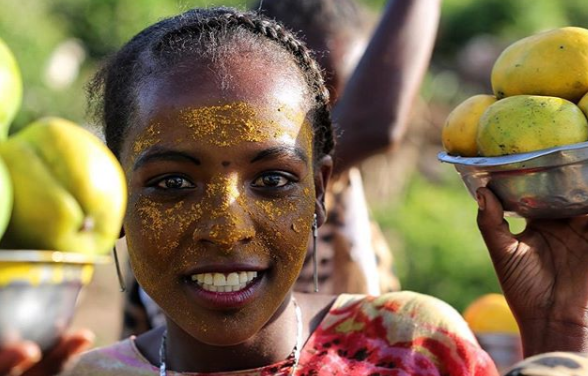
For those unable to attend, photos will be displayed in the lobby until Friday, August 23. Stop by anytime to see them and grab a drink or dessert at our downstairs bar & cafe while you’re there!
“Hope keeps me going,” says Aziz. “Hope that it’s not too late. And that people do care.”
Leave a Reply
You must be logged in to post a comment.